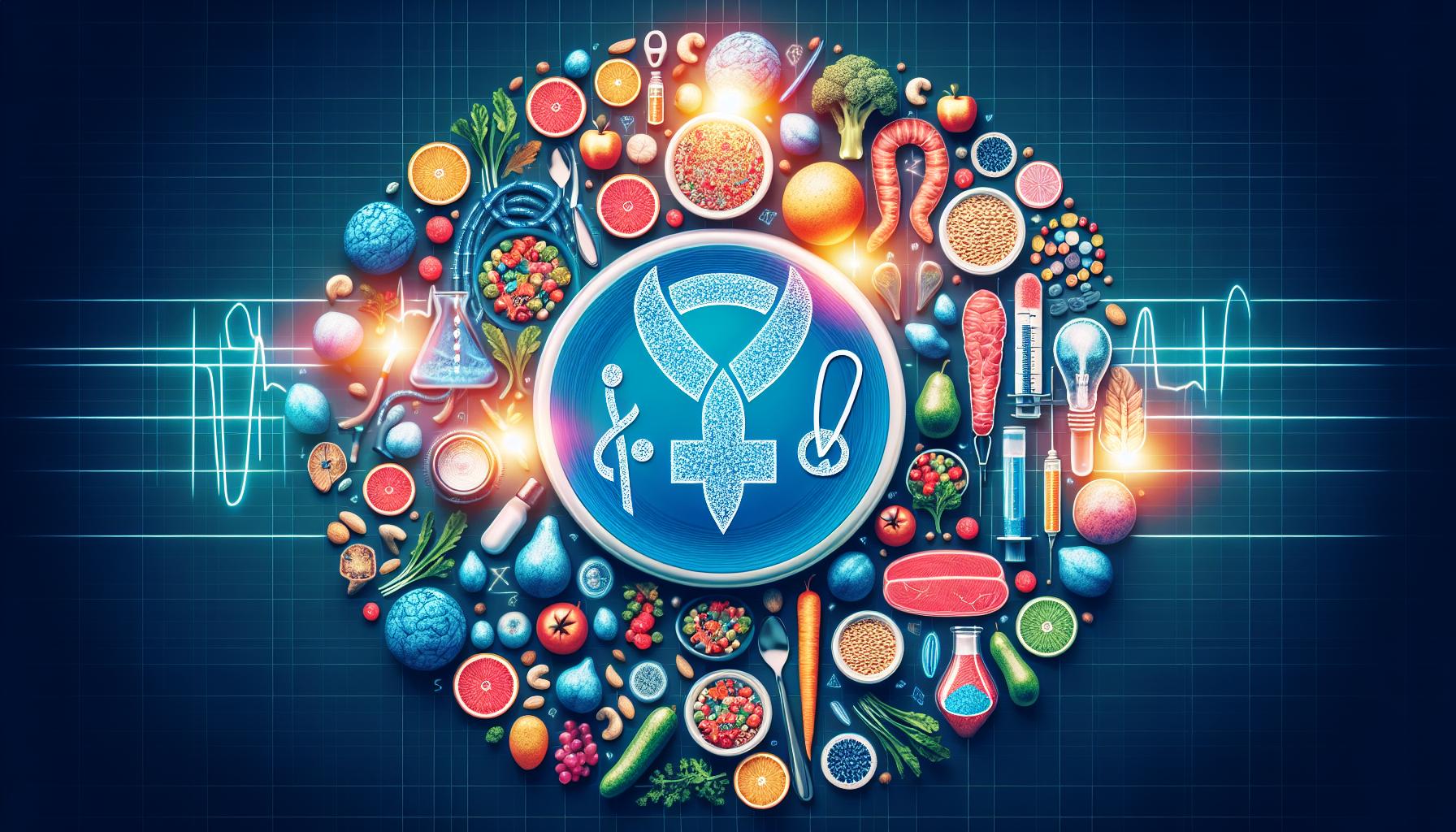Introduction
What does the Mayo Clinic recommend as the optimal diet for individuals diagnosed with prostate cancer? The answer, it seems, lies not just in one specific food or nutrient, but in embracing a well-rounded and healthy diet. Balancing the plate with a variety of fruits, vegetables, lean proteins, whole grains, and healthy fats is the cornerstone of the Mayo Clinic’s dietary advice for prostate health. However, it’s more than just what’s on your plate that counts. Factors such as portion control, regular exercise, and adopting a holistic approach towards one’s lifestyle also play key roles in managing and potentially preventing prostate cancer. This article delves deeper into the specifics of the internationally acclaimed Mayo Clinic’s dietary recommendations for prostate cancer patients, aiming to provide a comprehensive guide to healthier eating habits.
Eat the Rainbow
The Mayo Clinic strongly advocates a diet rich in fruits and vegetables. The more colorful the meal, the better. Fruits and vegetables are loaded with essential vitamins and minerals that are key for optimal health. They’re also a great source of fiber, aiding digestion and thwarting overeating through their high satiety levels. But it’s not merely about racking up scores on the nutritional panels. Fruits and vegetables have a hidden ace up their sleeve- antioxidants.
The Power of Antioxidants
Antioxidants play a pivotal role in cancer prevention and management. They neutralize harmful free radicals in the body that can lead to cell damage and the initiation of cancer growth. Thus, filling your plate with a rainbow of fruits and vegetables isn’t just a feast for the eyes – it’s your ticket to a healthier prostate.
Keep Protein Lean
Protein is vital for overall health, but when it comes to prostate cancer, the Mayo Clinic advises choosing leaner protein sources. This includes fish, poultry, beans, and even consuming plant-based proteins like legumes and tofu. Swapping out red meat for these options can make a significant difference in your health profile.
Why Limit Red Meat?
Red meat, particularly processed forms like sausages and bacon, are often high in saturated fats. At the same time, they’re associated with an increased risk of several types of cancer, including prostate cancer. By choosing lean proteins, you maintain your protein intake while avoiding the potentially detrimental aspects of red meat.
Say No to Saturated and Trans Fats
Fat is an essential macronutrient, but not all fats are created equal. The Mayo Clinic underscores the importance of picking healthy fats instead of saturated and trans fats when planning a diet for prostate health. Olive oil, avocados, nuts, and seeds are excellent sources of good-for-your-heart unsaturated fats.
Downfall of Unhealthy Fats
Saturated and trans fats found in certain meats, high-fat dairy products, and many processed foods can raise cholesterol levels, promoting inflammation and leading to a higher risk of heart diseases and certain cancers. Making the simple switch to healthier fats could, therefore, make an immense difference to your health.
Whole Grains for the Win
The Mayo Clinic stresses the importance of whole grains over refined grains in your diet. Whole grains are beneficial for long-lasting energy, better heart health, and optimal digestive function, ultimately lending a helping hand in prostate health.
Why Favor Whole Grains?
Unlike refined grains, whole grains retain all parts of the grain — the bran, germ, and endosperm. As a result, they are teeming with fiber, protein, antioxidants, and other nutrients. Choosing whole grains over processed, refined ones can lead to a lower risk of chronic diseases, including prostate cancer.
Conclusion
A winning diet for prostate health, as recommended by Mayo Clinic, is rooted in balance and variety. Lend colors to your plate with bountiful fruits and vegetables, choose lean proteins, filter unhealthy fats, and let whole grains take the lead in your meals. And remember, always keep an eye on your portion size.
Frequently Asked Questions
1. Does eating more fruits and vegetables lower your risk of prostate cancer?
While no one food can guarantee to prevent cancer, the Mayo Clinic recommends a diet rich in fruits and vegetables for overall health and prevention of various diseases, including prostate cancer.
2. Is red meat bad if you have prostate cancer?
Red meat in moderation isn’t necessarily harmful. However, processed meats and those high in saturated fats are linked with increased cancer risks. It’s recommended to opt for lean proteins most of the time.
3. What types of fats are recommended for people with prostate cancer?
The Mayo Clinic suggests opting for heart-healthy unsaturated fats found in foods like olive oil, avocados, nuts, and seeds.
4. Why are whole grains recommended over refined grains?
Whole grains retain all parts of the grain, providing more fiber, protein, and other nutrients compared to refined grains.
5. Is portion control important for those with prostate cancer?
Portion control is crucial despite what type of diet you follow. Even healthy foods can lead to weight gain if consumed in large quantities, and maintaining a healthy weight is essential in managing diseases, including cancer.


